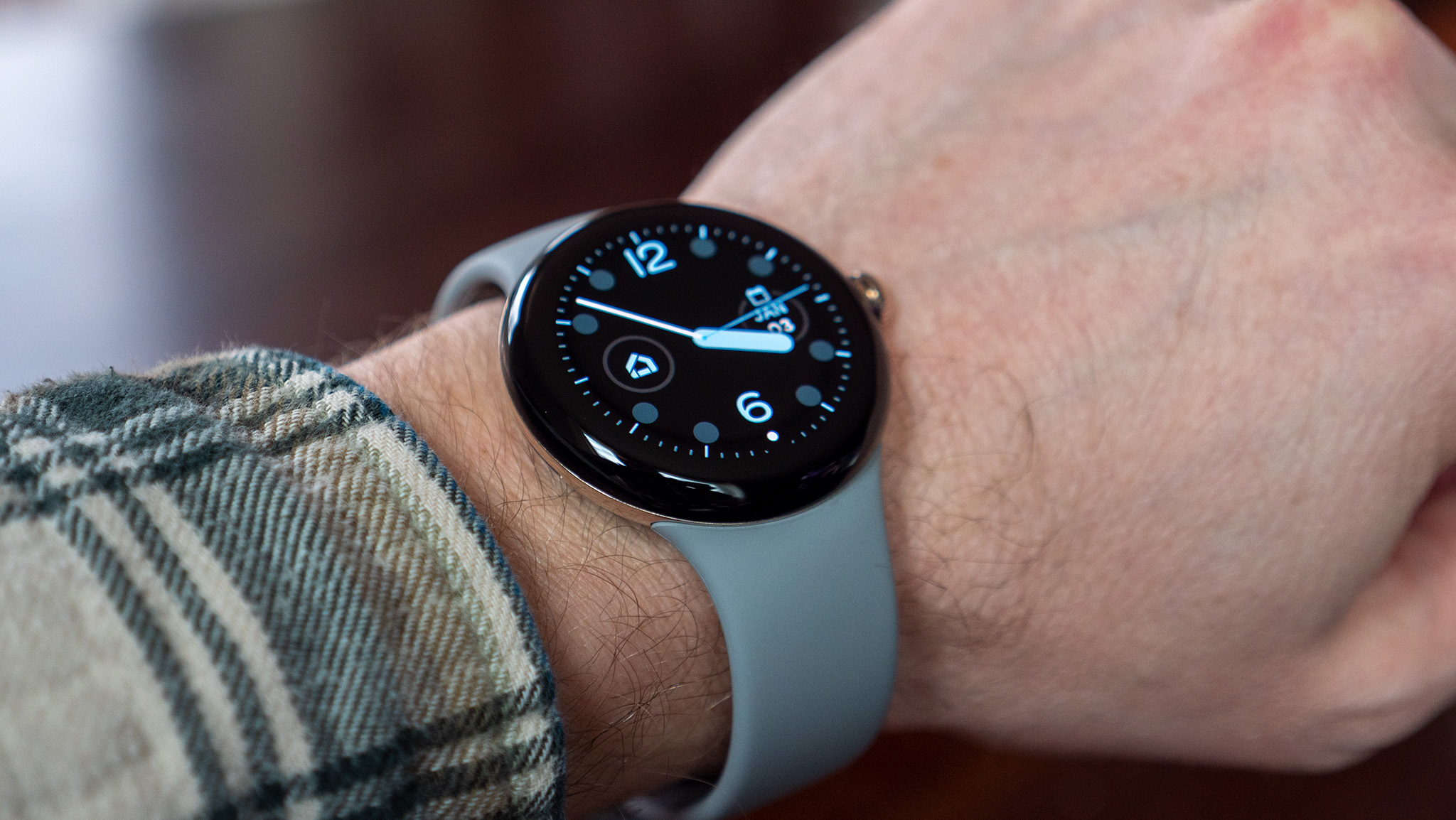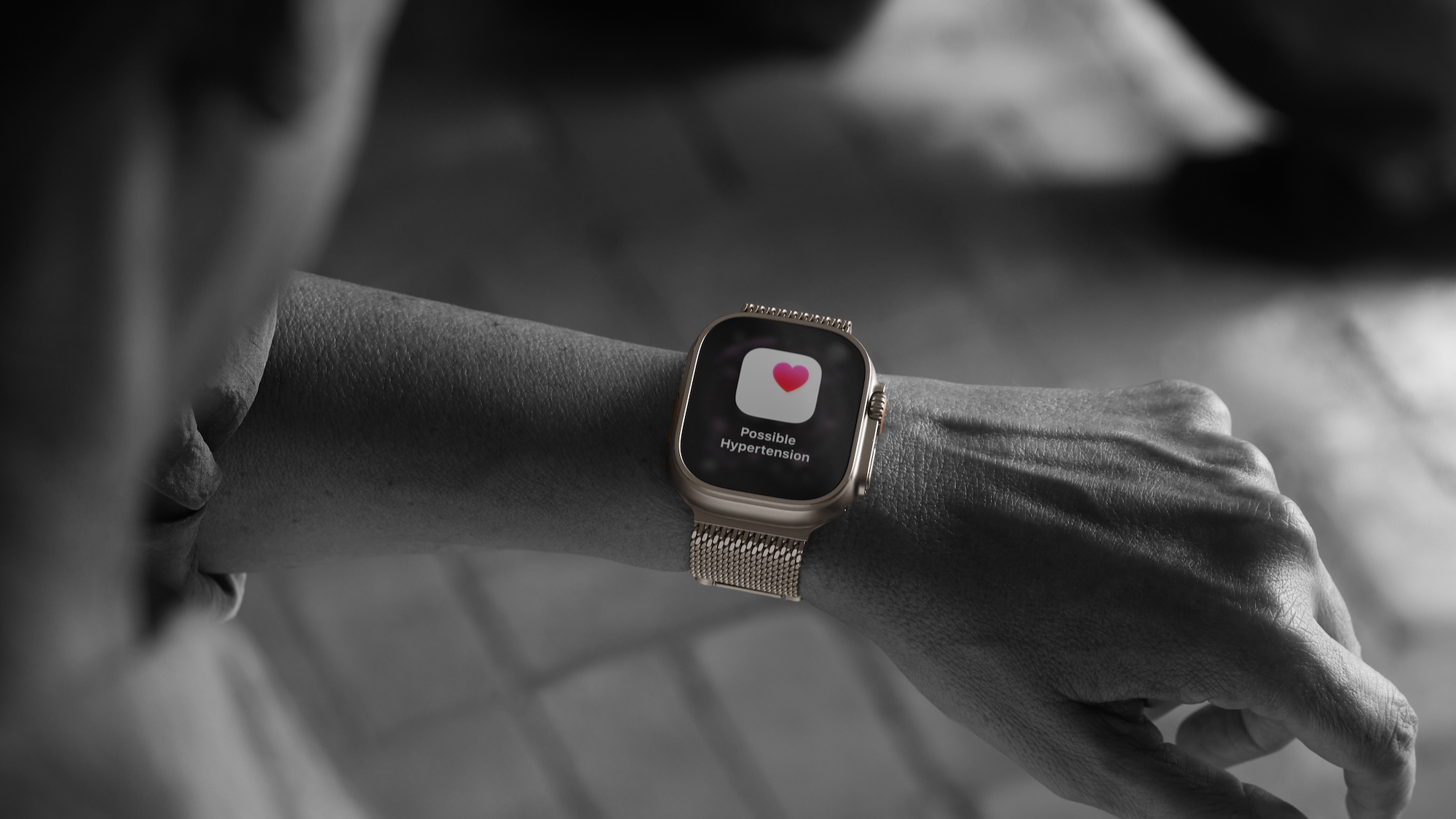Google is apparently testing hypertension screening on the Pixel Watch
The Pixel Watch is stepping up its health game.

Enjoy our content? Make sure to set Android Central as a preferred source in Google Search, and find out why you should so that you can stay up-to-date on the latest news, reviews, features, and more.
What you need to know
- Google is testing hypertension screening on the Pixel Watch, spotted in the latest Fitbit app update.
- The new Fitbit Hypertension Study collects watch sensor data plus user input, with some participants also wearing a 24-hour blood pressure monitor for comparison.
- Selected users will get about $50 for participating in the extended monitoring trial.
Google appears to be gearing up to turn its Pixel Watch into a tool that goes beyond fitness tracking, with early signs pointing to a built-in ability to screen for hypertension.
Hints of this surfaced in the latest Fitbit app update (version 4.53), where a new “Fitbit Hypertension Study” was discovered by the folks at 9to5Google. This program is designed to gather sensor data from the Pixel Watch and pair it with user-submitted information to test how well the wearable can flag elevated blood pressure levels.
Participants who enroll in the study will be asked to answer a short questionnaire and allow the watch to passively collect health data. For a smaller group, Google may take the experiment further by providing a 24-hour blood pressure monitor for direct comparison. These users will need to wear the cuff, send it back afterward, and in return will receive about $50 for their time.
Battery trade-off
Since the study relies on continuous data collection, Google has noted that battery drain may increase while the feature is active.
Instead of giving exact blood pressure numbers like a regular cuff, the Pixel Watch would probably look for signs that suggest high blood pressure. This is similar to Apple's approach, which aims to alert users if they might need to see a doctor, not to replace medical equipment.

At this stage, there’s no guarantee that the feature will reach all users in a finished form, but this study signals a serious push by Google to explore preventive health tools through wearables.
If successful, hypertension screening would slot neatly into the Pixel Watch’s growing set of health and safety features. The Pixel Watch 3, for instance, recently rolled out loss of pulse detection in the U.S. after securing FDA clearance. That feature automatically calls emergency services if the watch detects no pulse and the wearer doesn’t respond.
Get the latest news from Android Central, your trusted companion in the world of Android
Alongside this, Google has already layered in tools like Daily Readiness, Cardio Load, and Target Load to give users a clearer picture of their health trends. Hypertension screening would expand this lineup further, tackling a condition that often goes unnoticed until it causes major health issues.
Whether the feature launches broadly will depend on how well the study goes, but the direction is clear: Google wants the Pixel Watch to become a serious player in digital health.

Jay Bonggolto always keeps a nose for news. He has been writing about consumer tech and apps for as long as he can remember, and he has used a variety of Android phones since falling in love with Jelly Bean. Send him a direct message via X or LinkedIn.
You must confirm your public display name before commenting
Please logout and then login again, you will then be prompted to enter your display name.
